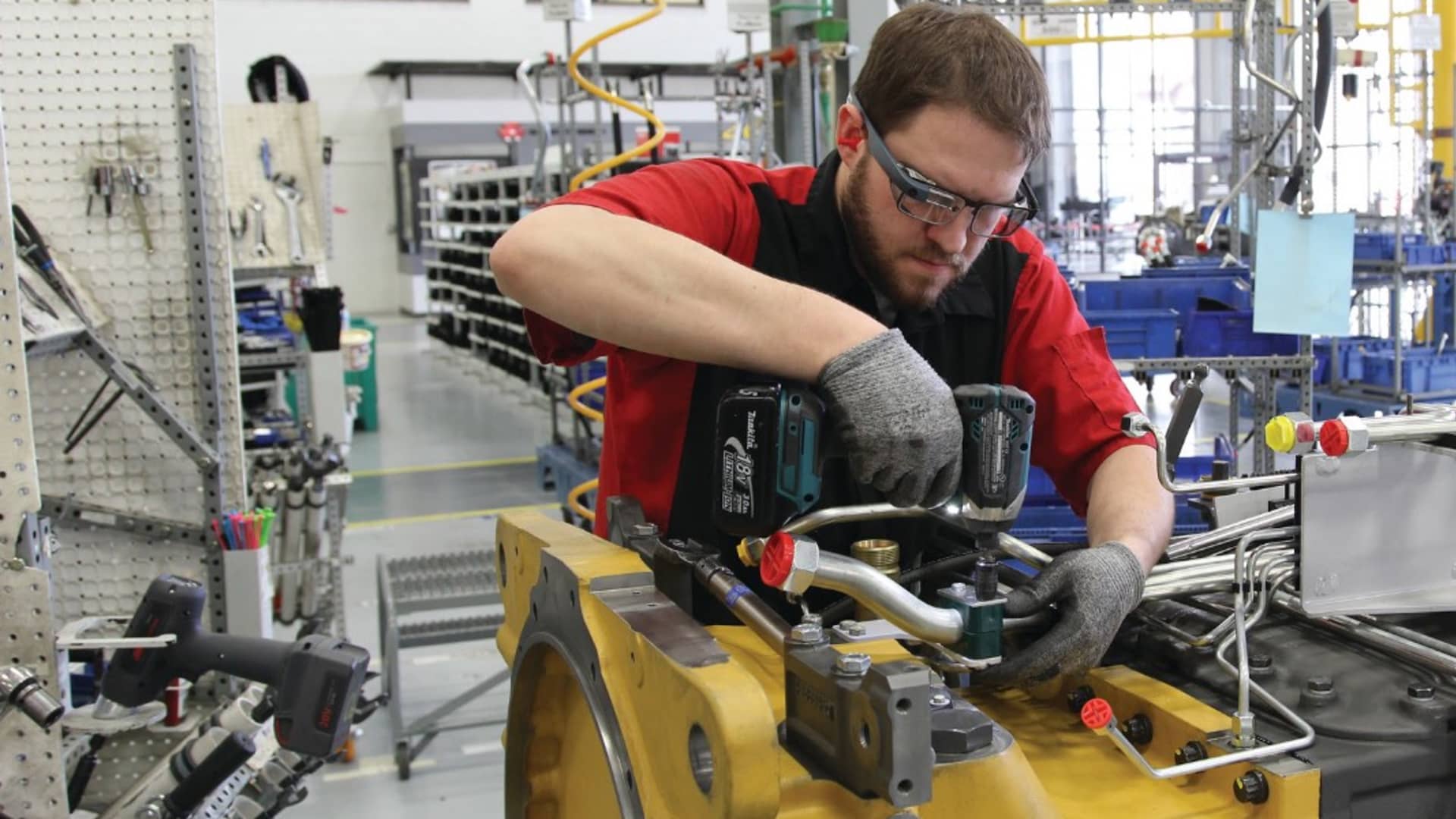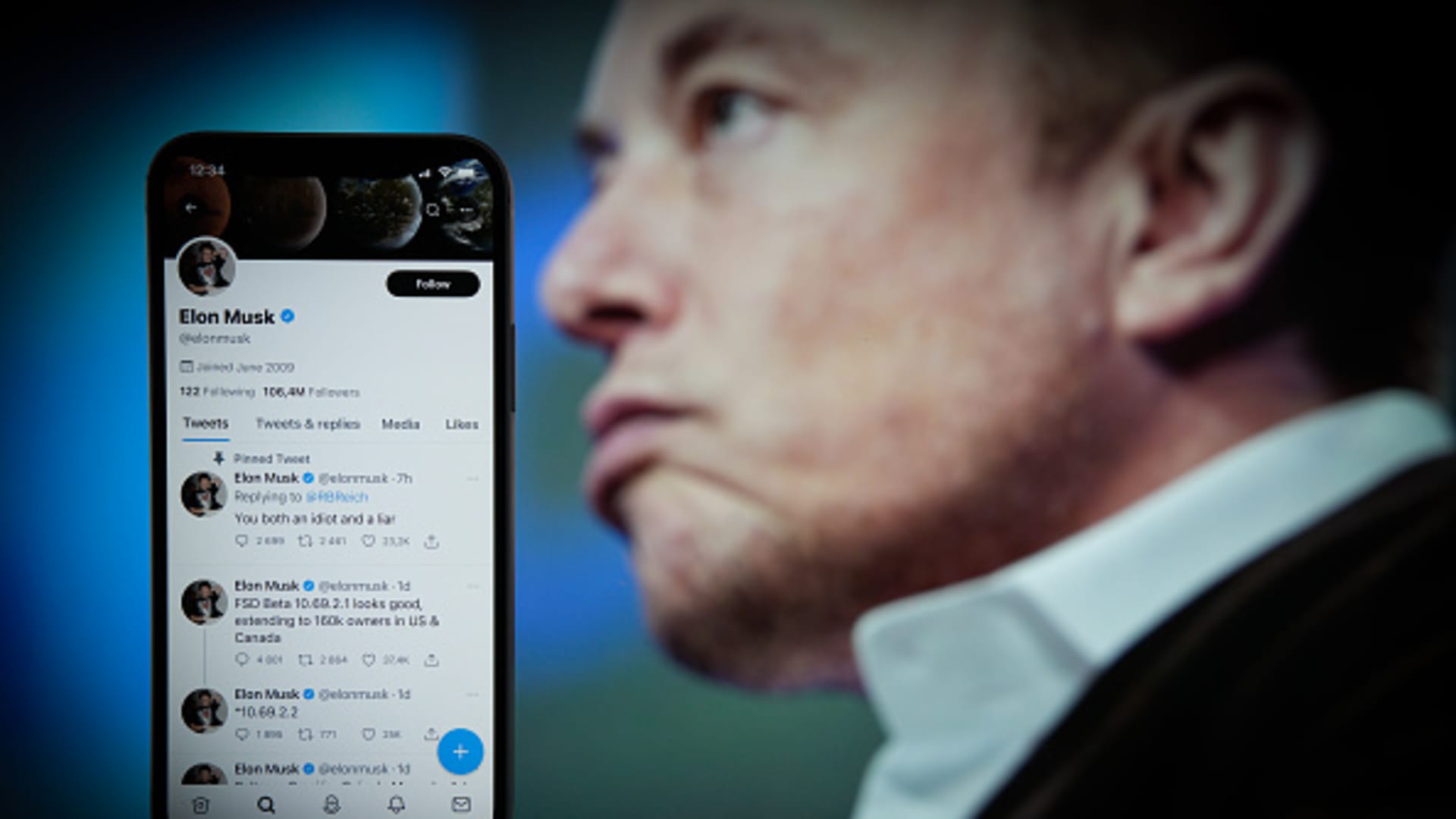Disney chairman and former CEO Bob Iger told CNBC he began thinking about stepping down as CEO after feeling he was becoming too dismissive of other people’s opinions.
“Over time, I started listening less and maybe with a little less tolerance of other people’s opinions, maybe because of getting a little bit more overconfident in my own, which is sometimes what happens when you get built up,” Iger told CNBC’s David Faber in an exclusive interview.
Iger, 70, is leaving Disney after running the company from 2005 to 2020. He stepped down last year as CEO, replaced by Bob Chapek, but has stayed on as chairman through the pandemic. He will officially give up his chairman role at the end of the year.
While Iger didn’t speak about specific decisions, he said he was increasingly invalidating points from co-workers because he’d “heard every argument before.” But as he reflected on his answers, he realized “times change,” and said he was saying no too quickly.
“I became a little bit more dismissive in other people’s opinions than I should have been,” said Iger. “That was an early sign that it was time. It wasn’t the reason I left, but it was a contributing factor.”
Iger acknowledged Chapek likely won’t make the same decisions he would have made as future problems arise.
“Look, the world is changing dramatically, and it’s important for the CEO of a company to address all of those changes rapidly,” Iger said. “Bob [Chapek] is going to address them probably differently perhaps than I may have. But that’s neither good nor bad. I think change, I think generally speaking, change is good. Change isn’t necessarily bad.”
Iger decided to remain as chairman for nearly the past two years after giving up his CEO role to Chapek in Feb. 2020. Iger and the Disney board’s decision to give Chapek the job surprised Wall Street and Disney executives, especially after Iger had repeatedly pushed off his retirement to stay as Disney’s CEO.
Convincing Jobs, Lucas and Murdoch
Iger also discussed his strategy around buying animation studio Pixar, comic book and action hero company Marvel Entertainment and LucasFilm, home of Star Wars. Those three acquisitions, which cost Disney roughly $15 billion, combined, turned Disney into an intellectual property behemoth.
That has become increasingly important as streaming video slowly replaces linear pay-TV and movie theaters as the dominant form of entertainment distribution. Disney has been able to build a robust library of kids movies while using the IP to churn out spinoffs and sequels, adding new content to its flagship streaming service, Disney+, to keep people paying month after month.
Iger credited his ability to get founders to sell him assets to his intense focus on building personal relationships. Iger said he spent months personally getting to know Apple and Pixar founder Steve Jobs, Star Wars’ creator George Lucas, former Marvel chairman Ike Perlmutter, and Fox controlling shareholder Rupert Murdoch. Disney acquired the majority of Fox’s assets in 2019.
“It’s development of a relationship,” Iger said. “I didn’t do the deal myself, but it was singular in terms of the pursuit — one on one in some cases — being as candid as I possibly could be, and I think as authentic as I could be, and developing a relationship, even if it was developed over a relatively brief period of time.”
Iger said he had to convince founders that he wouldn’t disappoint them after competing an acquisition.
“He was very, very concerned about Lucasfilm – in many respects his baby, his legacy – and there was a trust there too that I think we demonstrated, that we could be trusted,” Iger said about Lucas.
With Jobs, Iger said he “was never disappointed” with Disney’s integration of Pixar.
“Once we did the deal, in fact, in the months before he died he came to — he and his wife, Laurene, came to our house. And Laurene and Steve and [Iger’s wife] Willow [Bay] and I sat down at a dinner, and he toasted to the deal we had done some years earlier, convinced that it was the right thing to do for Disney and for Pixar.”
WATCH: Disney’s Bob Iger turns CEO job to Chapek




